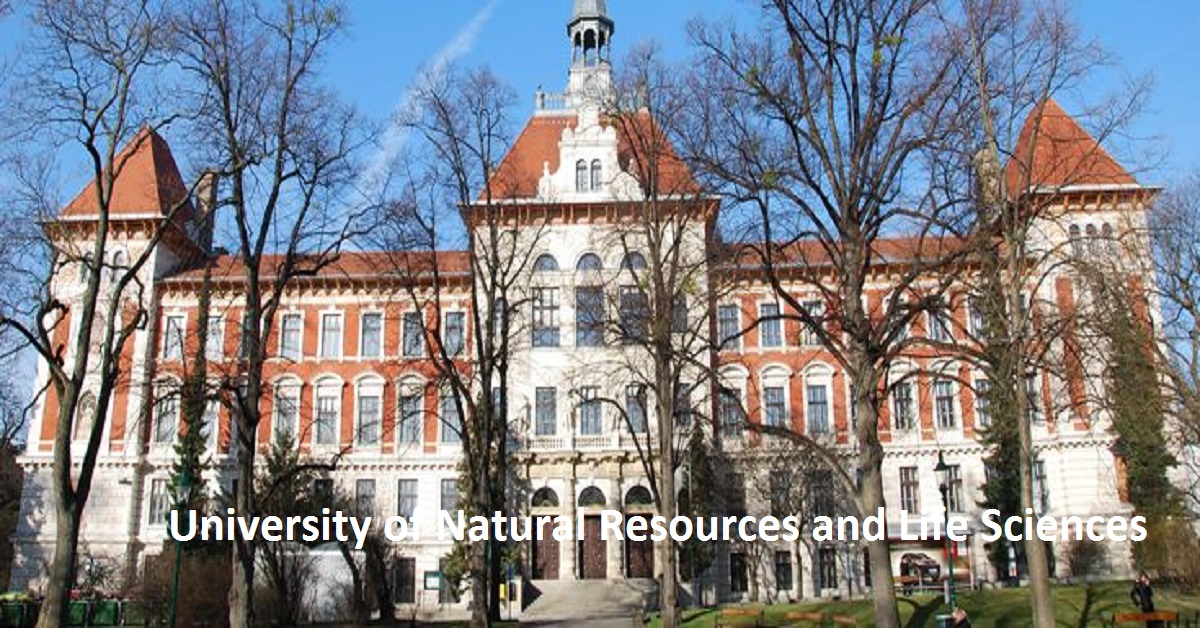Many research projects conducted in recent years have focused on the fate of micropollutants (MPs) in wastewater treatment processes. It has been shown that the reduction in concentrations of these contaminants results, for certain processes, in the generation of transformation products (TPs) during the degradation, and some of them may be potentially toxic.
This post-doc is part of the TRANSPRO research project started in 2019 (https://lgc.cnrs.fr/lesprojets/transpro/). This project aims to improve knowledge on the nature, origin and dynamics of transformation products by developing innovative analytical screening methods and studying a variety of wastewater treatment systems.
GENERAL PRESENTATION OF THE RESEARCH TOPIC
The work of the post-doc will contribute to two workpackages (ie WP3 and WP4) which respectively aim at establishing kinetic models of MP degradation (biotic and abiotic transformations), and at identifying the involved TPs in real environments and the corresponding matrices (bio-sludge/flocs/biofilm of biological processes or treated water from oxidation processes) (figure below left). The work will aim at developing a model of TPs transport from treatment sites to the environment (figure below right, continuous systems).
The study conducted during the post-doc will start with a short list of PMs and their TPs identified beforehand according to different approaches and criteria. In addition to the use of available data generated in the first years of the project, the post-doc will generate a set of experimental data at the laboratory scale to develop a model, in particular to determine the reaction constants taking place in the processes. This work will lead to proposals to optimise the operations of treatment processes to limit the release of MPs and TPs in the environment.
The study will consider a variety of processes (biological: activated sludge processes, biofilm reactors, membrane bioreactors, etc., and oxidative: ozonation, photolysis, etc.) and molecules. However, it will be possible to study in depth a process and a family of molecules, or to undertake a more generic work.
EXPECTED STAGES OF THE WORK:
- Litterature review of publications dealing with the transformation of emerging contaminants into processes (reaction schemes), including the driving processes of the transformation and their equations, and the coefficients involved ;
- Data analysis and experimental design: Available data from the project will be first analyzed. Additional experiments will be designed to carry out (at the lab-scale and in continuous-flow reactors (on the basis of campaigns carried out on 1 or 2 sites)) to refine the mathematical model of MPs and TPs ;
- Experiments and data analysis: Determination of stoichiometric and kinetic coefficients (lab-scale experiments), and simulations (with data from continuous-flow reactors taking into account input dynamic, and consequent behaviour) to better predict the environment ;
- Modeling the transport and fate of PM and various TPs, and calibration based on data from experiments ;
- Design and writing of scientific papers, oral communication in international conference, and contribution to reports of the project.
REQUIRED SKILLS:
PhD in chemical engineering, programming skills (i.e. Python), knowledge in water treatment processes, or in organic and reaction chemistry. Good level in English, motivation, perseverance, curiosity.
BENEFITS:
Acquisition of experience at the interface between engineering and research on a hot research topic. Support from experts in wastewater treatment and data processing. Close supervision, pleasant working environment. Strong interactions with the partners of TRANPRO project (WP1 and 2 in particular), giving a central role to the post-doc.
OTHER USEFUL INFORMATION: The post-doc will take place at the Chemical Engineering Laboratory, UMR CNRS INP UPS 5503 (https://lgc.cnrs.fr/), in TOULOUSE (31) for 24 months, (beginning between November 2021 and January 2022) and 35 working-hours per week. He/she will be supervised by LGC and by INRAE, research unit 1468-REVERSAAL (https://reversaal.inrae.fr) located in Lyon-Villeurbanne. Progress meetings will be organized by the post-doc. A stay of a few weeks in Lyon (69) is also expected. Other occasional trips are expected (sampling on wastewater treatment plants, projects meetings in Bordeaux). The post-doc will have the opportunity to share the progress of his work within the TRANSPRO consortium led by the UMR EPOC (LPTC team) of the University of Bordeaux (33). For more information on the ANR-TRANSPRO project: https://lnkd.in/dkZnUyS
CONTACT PERSONS:
Claire ALBASI, Chemical Engineering Laboratory of Toulouse, claire.albasi@ensiacet.fr, 06 62 17 64 65
Jean-Marc CHOUBERT, INRAE-UR REVERSAAL, jean-marc.choubert@inrae.fr, 04 72 20 89 04 Jobinserat drucken
E-Mail Empfehlung
